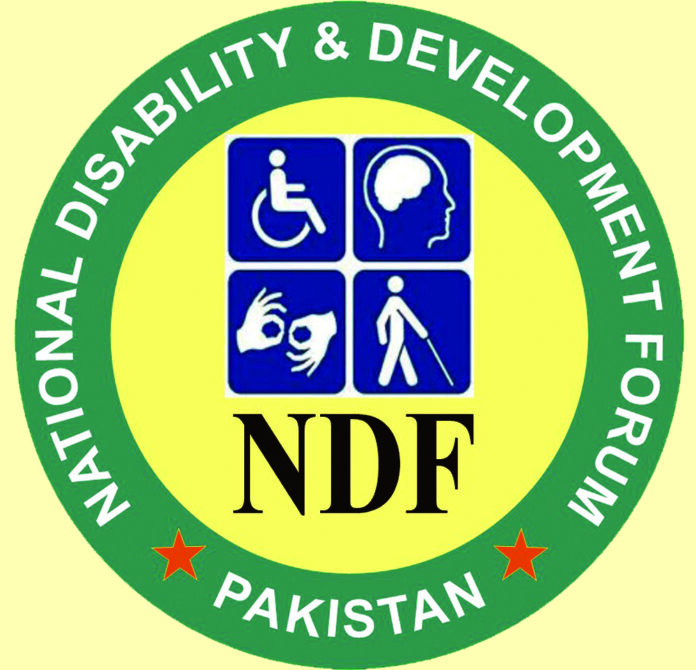Islamabad, Dec 23: The National Disability and Development Forum (NDF), in collaboration with the Network for Budget Accountability (CNBA) and managed by the Centre for Peace and Development Initiatives (CPDI) in Islamabad, hosted a dialogue in District Shaheed Benazirabad to discuss health and education budget allocations in Pakistan.
Speakers including Abid Lashari, President of NDF, Shahzado Jiskani, Lal Chand, Farooq Bhatti, Tariq Hussain Channar, Program Manager of NDF, Yaseen Khaskheli, and others analyzed budget trends from 2021-22 to 2024-25. They highlighted the ongoing challenges posed by infrastructure gaps and regional disparities in these essential sectors.
The event pointed out that although there have been gradual increases in the budget, they have not been enough to meet the growing needs, particularly with significant disparities across provinces in both health and education.
At the provincial level, Sindh’s education budget was noted for its balanced distribution, with Rs 507,576 million allocated to ensure equitable funding for primary, secondary, and tertiary education.
In contrast, Punjab’s budget, though large at Rs 191,540 million, disproportionately favored tertiary education, allocating only 7% to primary education. KP followed a similar trend, dedicating 73% of its Rs 101,271 million education budget to tertiary education.
However, Balochistan showed progress by increasing its education budget by 218% for 2024-25, with a strong focus on primary and secondary education to address foundational learning needs.
The dialogue ended with key recommendations to address the structural funding gaps in both sectors.
It was emphasized that Pakistan must increase health budgets at all levels, prioritize hospital infrastructure, and direct funding to underserved regions to reduce healthcare inequities. Public-private partnerships and a stronger focus on preventive healthcare were suggested to improve service delivery.
In education, the need to rebalance budget allocations, prioritizing primary and secondary education, was highlighted as crucial for building a strong educational foundation.
These recommendations support Pakistan’s commitment to the Sustainable Development Goals (SDGs), particularly SDG 3 (Good Health and Well-being) and SDG 4 (Quality Education).
By addressing these critical gaps in funding and infrastructure, Pakistan can move closer to ensuring equitable access to healthcare and education, promoting inclusive socio-economic development, and enhancing the quality of life for its citizens.
